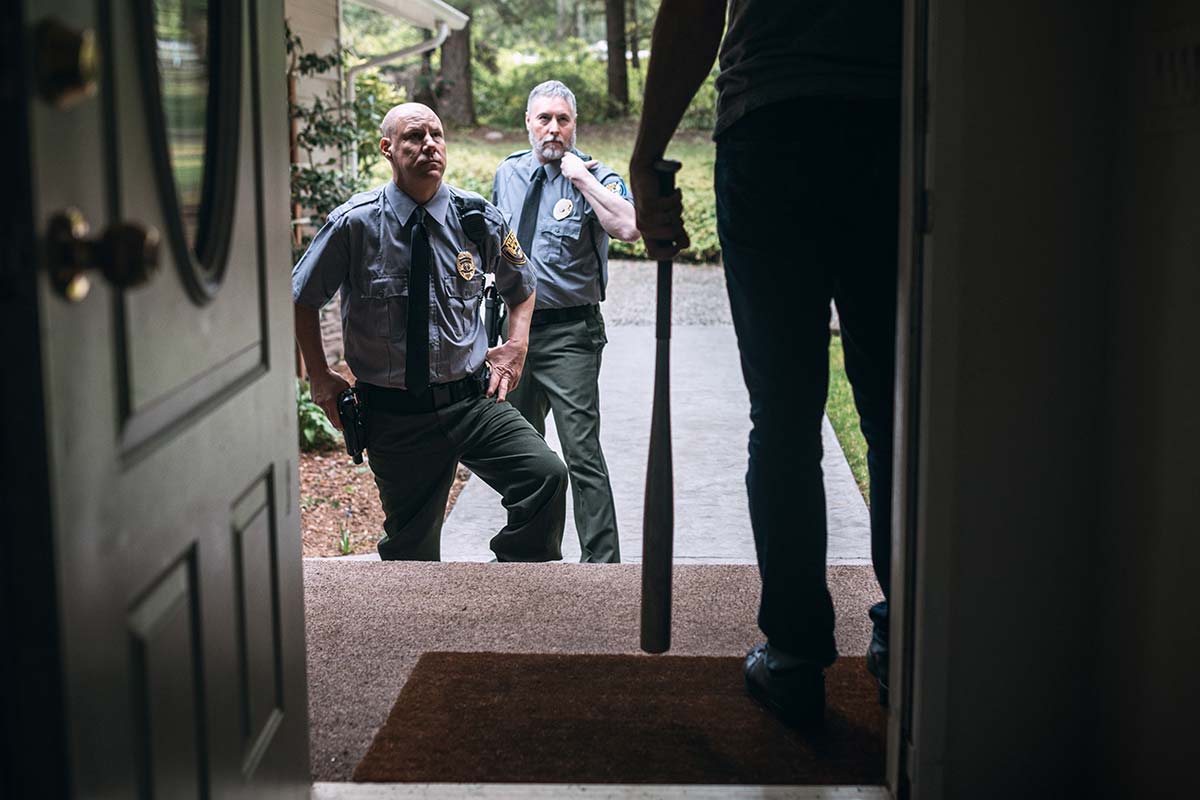State domestic violence laws and federal immigration laws intersect in various ways. Crimes of domestic violence often have immigration implications, including removal or deportation. Violation of civil protective orders also may lead to deportation for those convicted of crimes. However, immigration law does provides for some forms of protection and relief for immigrant victims of domestic violence.
Criminal Convictions for Domestic Violence and Deportation
An individual who is convicted of a domestic violence crime under California Penal Code §273.5 is likely to put his or her immigration status at great risk. Domestic violence under this code section may include charges of battery that the person has been or was dating, aggravated battery, simple battery, or assault. However, domestic violence, depending on the circumstances, also can result in charges of stalking, elder abuse, or child endangerment.
As a general rule, even immigrants who are lawfully present in the U.S. become subject to deportation or removal if they are convicted of an aggravated felony or a crime of moral turpitude. A crime is considered a crime of moral turpitude if it carries the potential of at least one year of incarceration. Domestic violence is one crime that federal immigration laws specify as a basis for removal, along with stalking, child abuse, and child neglect. Additionally, even for a misdemeanor domestic violence charge, a sentence of incarceration of at least one year is possible. This is the case even if it is a first-time conviction and even if the conviction is a misdemeanor instead of a felony.
Furthermore, this type of conviction also can prevent a person from becoming a U.S. citizen through the naturalization process, or even getting approval to reenter the country. An aggravated felony conviction will bar an individual from ever reentering the U.S. A legal permanent resident may also have his or her status jeopardized for this type of criminal conviction. Other convictions may be subject to a ten-year bar on returning to the U.S., depending on the situation and the nature of the crime.
Domestic Violence Restraining Orders
Some abuse victims may not want to file for domestic violence restraining orders out of fear that their abusers will be deported. Unlike a criminal domestic violence conviction, the act of filing for or obtaining a domestic violence restraining order does not make a noncitizen removable. Similarly, filing for a restraining order should not put a domestic violence victim at risk if she is present in the U.S. without legal status. Police officers and court personnel are not immigration officials. Noncitizens are eligible to seek restraining orders when they are suffering abuse, just as are citizens.
However, if a noncitizen violates a domestic violence restraining order, he or she can then faces criminal charges. A criminal conviction for violating a restraining order, especially along with accompanying criminal charges related to domestic violence, could result in the person becoming subject to removal.
Violence Against Women Act and Other Relief for Victims of Domestic Violence
The Violence Against Women Act (VAWA) allows women to self-petition for legal permanent residency in the U.S. if they are victims of domestic violence or child abuse by a U.S. citizen or LPR. Cancellation of removal of noncitizen victims also may be available if they are battered or subjected to extreme cruelty by an abusive U.S. citizen or LPR spouse, have been in the U.S. for at least three years, have a good moral character, and the removal would cause extreme hardship. This remedy is available after a noncitizen has been placed in removal proceedings.
Furthermore, under the Immigration Reform Act of 1990, victims of domestic violence also may self-petition to remove the conditions on their LPR status if they previously received this status as a result of their marriage to an abusive spouse.
Other options that may be available to victims of domestic violence are T visas for victims of human trafficking and U visas for victims of certain violent crimes. Once a victim has one of these visas for three years, he or she can petition for LPR status, as well.
Learn More About How We Can Help
The attorneys at LBE Law Firm handle a wide range of cases, emphasizing various aspects of immigration law, including individuals who may qualify for relief as domestic violence victims. We also represent clients in employment-based visas, investment-based visas, and family-based immigration petitions. In addition to immigration law matters, we also regularly handle bankruptcy, family law, and other general legal matters for our clients. Contact our office today at 1-424-LBE-LAW4 (1-424-523-5294) (call, text, or WhatsApp) or via email at info@lbelawfirm.com.


